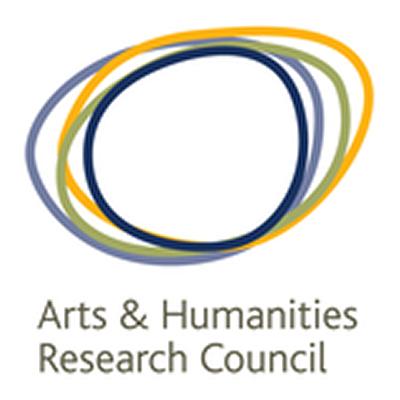Daniel Whiting secures Arts and Humanities Research Council funding

Daniel Whiting has been awarded a grant by the Arts and Humanities Research Council grant of approximately £45,000. The funds will support the development of an international network and a series of workshops on the topic of Higher-Order Evidence in Epistemology, Ethics, and Aesthetics. The "core" members of the network are Elinor Mason (Edinburgh), Jon Robson (Nottingham), Jules Holroyd (Sheffield), and Weiping Zheng (Xiamen). Many other philosophers will participate in its activities.
Below is a statement of the project’s aims. Details of its events will appear in due course. Congratulations to Daniel on this success.
Objectives
Humans are fallible: we make mistakes in thought, feeling, and deed. Some mistakes result from our having incomplete or misleading information. Some mistakes result instead from what we make of or do with the information we have. As finite creatures, our capacity to acquire and retain information is limited; so too is our capacity to process that information. Corresponding to these two sources of mistake are two kinds of evidence. Sometimes a person receives evidence that suggests that what they believe is false, that what they admire is not admirable, or that what they decide is not best. This is first-order evidence. Sometimes a person receives evidence that suggests that their belief, feeling, or decision results from fallacious reasoning, say, or from implicit bias. This is higher-order evidence. It need not suggest that what they believe is false, that what they admire is not admirable, or that what they decide is not best; but it does suggest that their response to or estimation of their first-order evidence is flawed in some way.
Interest in the nature and import of higher-order evidence is growing rapidly in epistemology, ethics, and aesthetics but to date research on the topic in each of these fields tends to take place in isolation from the others, which prevents cross-fertilisation, and in isolation from non-Western philosophical traditions. The proposed network aims to rectify this situation. Its principal objectives are:
1 To explore in a systematic and critical fashion the significance of higher-order evidence for issues in and at the intersection of epistemology, ethics, and aesthetics. In doing so, it aims:
1.1 To develop and assess new ideas and arguments concerning the bearing of higher-order evidence on what it is rational to think, feel, or do.
1.2 To consider to what extent proposals concerning the role of higher-order evidence in one domain carry across to other domains, and what this might tell us about those domains.
1.3 To explore the prospects of a unified account of the impact of higher-order evidence on thought, feeling, and action.
2 To facilitate dialogue and discussion among researchers working in different fields and traditions of philosophy, as well as different geographical regions, and thereby overcome subject, national and linguistic boundaries.
3 To promote future research on the topic, especially but not only in China, through an article offering a state-of-the-art survey of the issues the project concerns, as well as an annotated bibliography, in Chinese.
4 To communicate the themes of the project and the ideas emerging from it to a non-academic audience through activities involving the regional business community and thereby inform business practices.
5 To disseminate the results of the network members' cutting-edge research on higher-order evidence, primarily through the publication of a landmark edited collection with a leading academic press.